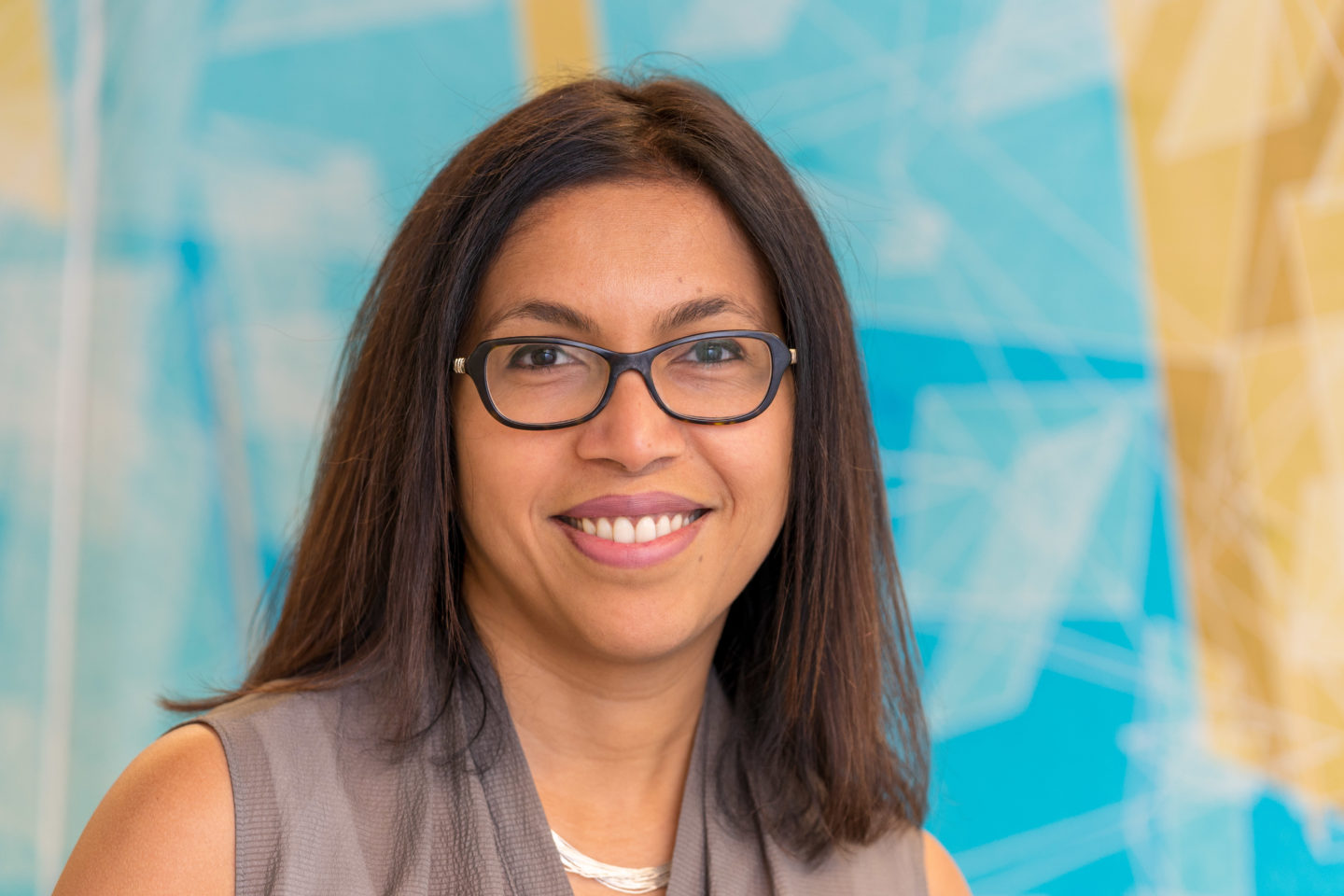Main Conference

Prof. Merouane Debbah, Khalifa University, Abu Dhabi, UAE
(Professor | Khalifa University, Abu Dhabi, UAE)
Keynote Title: TelecomGPT: Next Generation AI Telecom Network
Abstract: The evolution of generative artificial intelligence (GenAI) constitutes a turning point in reshaping the future of technology in different aspects. Wireless networks in particular, with the blooming of self-evolving networks, represent a rich field for exploiting GenAI and reaping several benefits that can fundamentally change the way how wireless networks are designed and operated nowadays. To be specific, large language models (LLMs), a subfield of GenAI, are envisioned to open up a new era of autonomous wireless networks, in which a multimodal large model trained over various Telecom data, can be fine-tuned to perform several downstream tasks, eliminating the need for dedicated AI models for each task and paving the way for the realization of artificial general intelligence (AGI)-empowered wireless networks. In this talk, we aim to unfold the opportunities that can be reaped from integrating LLMs into the Telecom domain. In particular, we aim to put a forward-looking vision on a new realm of possibilities and applications of LLMs in future wireless networks, defining directions for designing, training, testing, and deploying Telecom LLMs, and reveal insights on the associated theoretical and practical challenges.

Shreekant Thakkar
(Chief Researcher | Secure Systems Research Center, TII, Abu Dhabi, UAE)
Keynote Title: RoboMotes as Wireless Dust: How Zero Trust Security and Generative AI Will Empower Autonomous Systems
Abstract: In today's rapidly evolving technological landscape, autonomous systems are driving innovation in industrial and government use-cases: from disaster response to smart cities. Yet, increasing complexity brings vulnerabilities, interoperability challenges, cybersecurity threats, and a pressing need for real-time decision-making to ensure robust autonomous solutions. This keynote will explore SSRC's concept of RoboMotes: robotic wireless sensing nodes that support autonomous system operations by building on previous concepts of 'Wireless Dust'. RoboMotes integrate 'Zero Trust' security frameworks with Generative AI to enable secure collaboration among UAVs, UGVs, robots, and human responders, while also leveraging resilient multi-radio connectivity over Wi-Fi mesh, LoRaWAN, Cellular, and SDRs -- ensuring resilient communication and cooperation even in the most challenging environments. Through real-world case studies in firefighting and disaster management, this keynote will illustrate the transformative impact of this technology. Attendees will gain insights into overcoming challenges related to scalability, resource constraints, and interoperability. Learn how RoboMotes are not just enhancing security and efficiency but are paving the way for the next generation of intelligent autonomous systems.

Tanzeem Choudhury
(Professor | Cornell Tech, New York, USA)
Keynote Title: Sensory Interventions: Real-time integration of passive sensing and adaptive passive interventions.
Abstract: The proliferation of mobile and IoT devices and the development of passive sensing methods have revolutionized the way we collect information about people’s lives. By leveraging sensors, it is now possible to detect various behavioral patterns, including physical activities, sleep, emotions, and social interactions. Although there has been much attention to the role of passive methods of data collection and analysis, another essential component has not received the same level of attention: passive interventions. Currently, the state of the art of interventions relies on active participation of the user, either by presenting feedback for the user to reflect about their behavior or mood, or by sending just-in-time messages to prompt the user to take an action. Despite the increasing usage and appeal of these approaches, they also have a limitation: they require significant attention and effort from users to be effective. Many interventions, for instance, prompt users to direct their attention to the technologies, which can interrupt people’s current activities and compromise their task performance. Because of these issues, it becomes harder to “close the loop”, so mobile technologies effectively capture relevant information about people’s lives, but the data collected often does not lead to improvements in people’s behavior or emotions.In this talk, I will present the work ongoing in the People Aware Computing lab around sensory interventions which deliver seamless passive interventions in real-time in response to users’ behavioral state.
PhD School & Community Event

Dr. Simone Silvestri
(Associate Professor | University of Kentucky, Kentucky, USA)
Keynote Title: Climbing the Doctoral Mountain: Essential Strategies for a Successful PhD
Abstract: The PhD journey is a pivotal experience, marked by significant decisions and challenges that shape both academic and professional futures. In this keynote talk, we delve into the critical aspects of a successful PhD journey, beginning with the foundational decision of selecting the right advisor. This choice can be daunting, with long-lasting implications on your education, research, and overall success. We will offer practical tips to evaluate potential advisors, helping you choose one who will positively influence your academic path. The talk will then shift to goal-setting, where we will discuss how to align your PhD objectives with your long-term career aspirations, and strategies to ensure these goals are met. Next, we will address common pitfalls that many PhD students encounter, offering insights on how to avoid them. Among these challenges, the impostor syndrome stands out as a prevalent issue in academia, often undermining confidence and mental health. We will explore strategies to understand how success is achieved in the world of academia and help overcome the feelings of insecurity at the basis of this syndrome. Finally, the talk will conclude with practical tips to ensure success in both your PhD and your future career.

Dr. Andra Lutu
(Senior Researcher | Telefonica Research, Madrid, Spain)
Keynote Title: From PhD to Industry: on navigating the dynamics of scientific research within the (global) cellular ecosystem
Abstract: One common question that PhD candidates face at some point in their careers is what a research path in industry might look like. In this talk, I’ll offer insights based on my own experience over the last 10 years, working in both research institutes and industrial environments. I will share strategies for aligning research objectives with industrial innovation goals, and how to navigate the delicate balance between long-term academic research and practical, industry-driven innovation. Additionally, I’ll address the challenges of developing a research agenda in the rapidly evolving cellular ecosystem. Specifically, I’ll discuss our work in uncovering the opaque dynamics of global interconnections that keep mobile operators functioning. In particular, we've been exploring the IP eXchange (IPX) Network and its role in connecting over 800 Mobile Network Operators (MNOs) globally, a key step in enabling the rise of Mobile Network Aggregators (MNAs) like Google Fi, Airalo, and Twilio/KORE. Our findings represent a crucial first step toward fully understanding the global mobile Internet, a vital component in connecting IoT devices and the growing population of digital nomads around the world.
